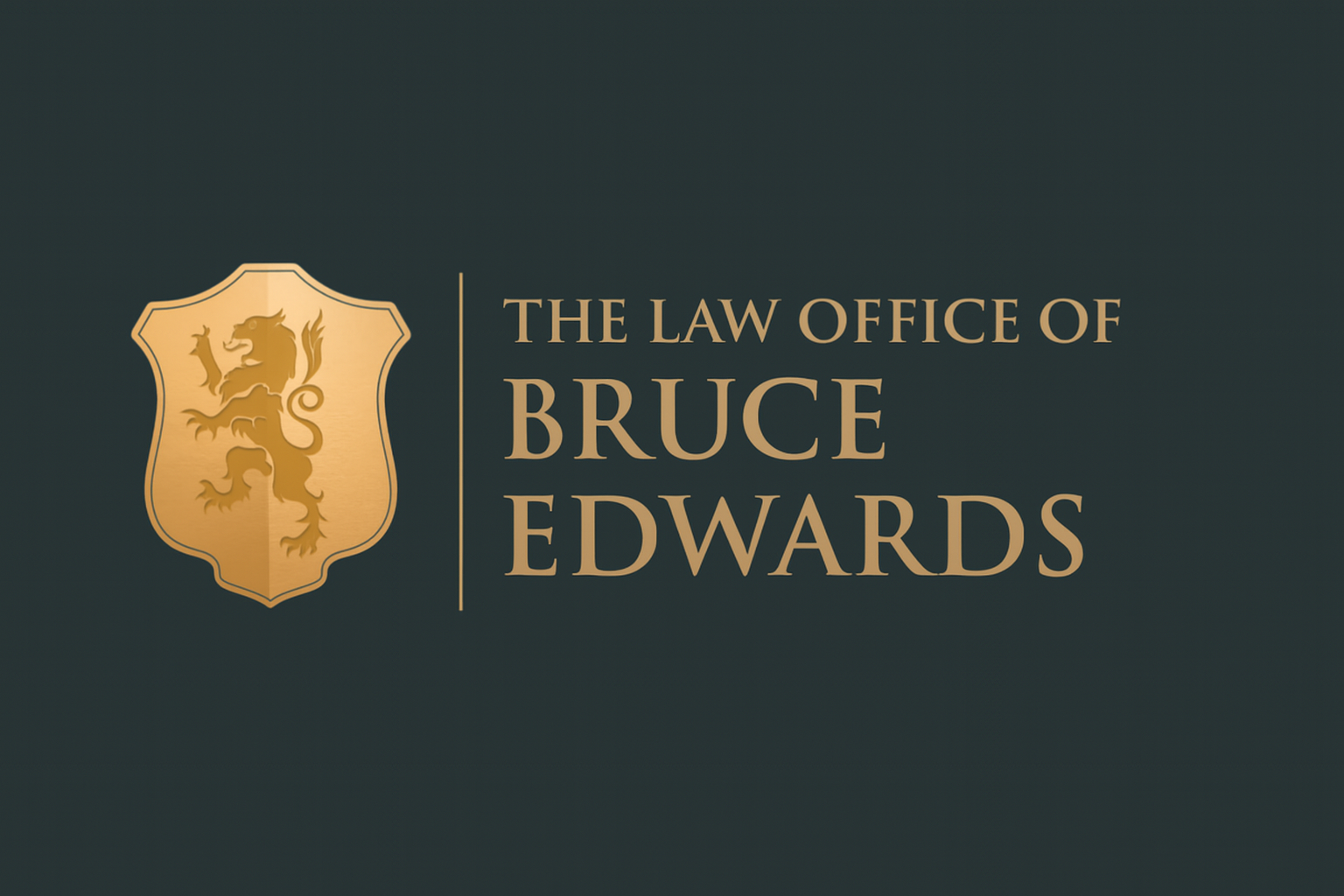Train Accidents
What We Handle
We represent individuals in train-related cases involving:
- Railroad crossing collisions (car vs. train)
- Pedestrians struck by trains
- Faulty crossing gates or warning signals
- Derailments involving passenger injuries
- Train vs. commercial vehicle accidents
- Workers injured on or near the tracks
- Wrongful death involving rail accidents
What Compensation Can Cover
- Hospital bills, surgery & rehabilitation
- Lost income or inability to return to work
- Long-term disability or permanent injuries
- Pain, suffering & reduced quality of life
- Wrongful death expenses for families
- Punitive damages in cases of extreme negligence
Frequently Asked Questions
Do I have a case if I was hit at a railroad crossing?
You might. Many railroad crossings have defective signals, blocked views, or missing gates — all of which could make the railway company or another party liable.
Can I sue a railroad company?
Yes, but train companies are heavily protected and will fight hard. We’re experienced in handling these claims and know how to take on large entities like CSX, Norfolk Southern, and others.
What if a loved one died in a train accident?
We handle wrongful death claims and will guide your family through the process with care. These are among the most serious cases we take, and we pursue maximum compensation.
What if I was working on the train or tracks?
If you were injured while working, you may have a claim under the Federal Employers’ Liability Act (FELA) instead of standard workers’ comp. We’ll help you figure out the right path.
Is there a deadline to file a train injury case?
Yes. Most personal injury and wrongful death cases in Georgia have a two-year statute of limitations, but if a government agency is involved, deadlines can be shorter. The sooner we start, the better.
Why It Matters
Train accidents are devastating — and often preventable. Whether it’s a malfunctioning signal, poor track maintenance, or human error, someone should be held accountable.
These are not quick, simple claims. They require investigation, expert analysis, and a law firm that doesn’t back down. That’s where we come in.
